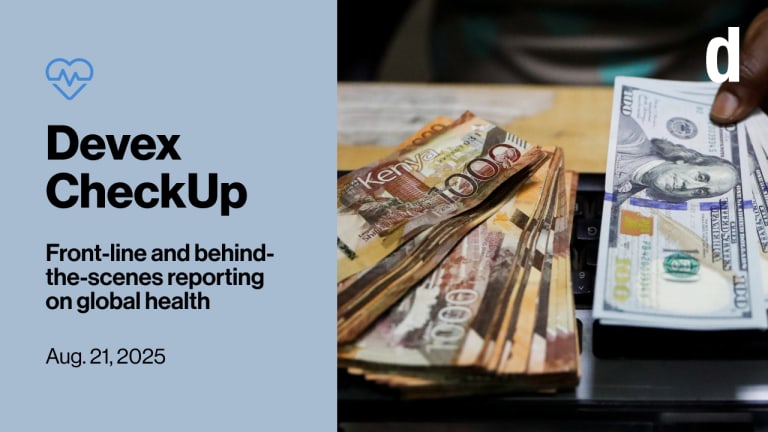Deciding whether to have children or not is one of the most important and life-altering decisions a person can make. Yet, data gathered by the United Nations Population Fund, or UNFPA, from 68 countries show that some “44% of partnered women are unable to decide over health care, sex, or contraception”. As a result, almost half of all pregnancies globally are unintended.
“I have witnessed a lot of women being forced to get pregnant by essentially having their family planning withheld or a family member saying that they can't use family planning before getting a first child,” said Dr. Alice Kaaria, program director at Reproductive and Maternal Health Consortium Kenya and a specialist obstetrician-gynecologist.
This violation of a woman’s bodily autonomy — and of one of their most basic human rights — is the product of reproductive violence. While definitions around this relatively new term differ, it is generally understood as the act of violating a woman’s right to freely decide if and when to have children. “Reproductive violence may be a new term, but it's certainly not a new experience,” Dr. Natalia Kanem, executive director at UNFPA, told Devex.








